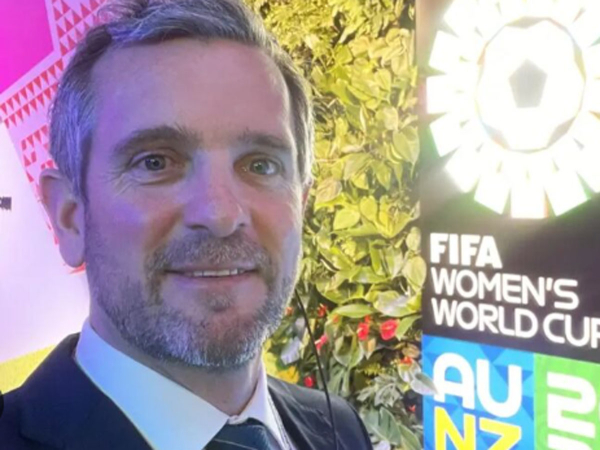[ad_1]
Stuff
A nurse walks in the corridor of a New Zealand hospital.
A landlord did not know what to make of the 35 separate migrant nurses suddenly enquiring about renting her vacant Dunedin property.
All of those enquiries came via Facebook Marketplace, and all involved nurses either in New Zealand or moving from the Indian subcontinent due to job offers in the city.
Only one of those prospective employees had visited the rental, while the majority remained in the North Island and were completing a Competency Assessment Programme to obtain their nursing registration in New Zealand.
Those nurses were just some of the international workers being offered support to relocate to New Zealand which could include free one-way flights, rental accommodation and rental cars.
Te Whatu Ora chief people officer Andrew Slater said current international recruitment campaigns were targeting doctors in the United Kingdom, Ireland, Singapore, Canada and the United States.
Immigration data showed 811 accredited employer work visas were approved for doctors with Te Whatu Ora as the employer as of 30 October 2023, while 1134 new international medical graduates were registered by the Medical Council of New Zealand in 2023 – more than any year in the last decade.
The cost of relocating medical staff was not immediately available, a Te Whatu Ora spokesperson said.
Hamish McNeilly/Stuff
The site of the new Dunedin Hospital rebuild
But what was known was that the cost of those relocation packages were only offered once a successful international candidate secured a role at Te Whatu Ora.
Those costs were then met by the employing Te Whatu Ora region (formerly DHBs), and included one-way fares for the candidate and their partner, any children aged under 19 who live with them, as well as up to four weeks temporary accommodation, up to four weeks rental car hire, airport transfers and coverage of shipping costs for household goods.
While the Dunedin-based landlord raised concerns that the new arrivals appeared to have been left to their own devices, including the need for references to access rental accommodation, Te Whatu Ora southern operations group director, Hamish Brown, allayed those concerns.
New employees from overseas were provided with information about New Zealand life and local community services, including accommodation and transport options to help them settle here in line with our obligations as an Immigration New Zealand accredited employer, he said.
The former DHB was currently recruiting for 34 vacant senior medical officer roles, and that was “a strong focus to enable us to continue to provide a safe service for our patients”.
Unsplash
Overseas doctors and nurses were being enticed to New Zealand to fill critical gaps.
It was also recruiting 42 registered nurses across all services at Dunedin Hospital and Wakari Hospital which includes the additional numbers required as part of its ‘safer staffing regulations’.
Those vacancies were largely due to natural turnover, rather than long-standing shortages, Brown said.
Nursing vacancies were the lowest they had been in over two years, except for roles with mental health addictions and intellectual disability roles.
“While we are actively recruiting for these vacancies, we continue to manage our staffing levels in a number of different ways, including using locums, casual/agency staff and overtime,” Brown said.
Some vacancies have been filled with new migrants, and “The people we have employed from overseas contribute to our ever-evolving health service and can bring significant experience and expertise”.
[ad_2]
Source link





















